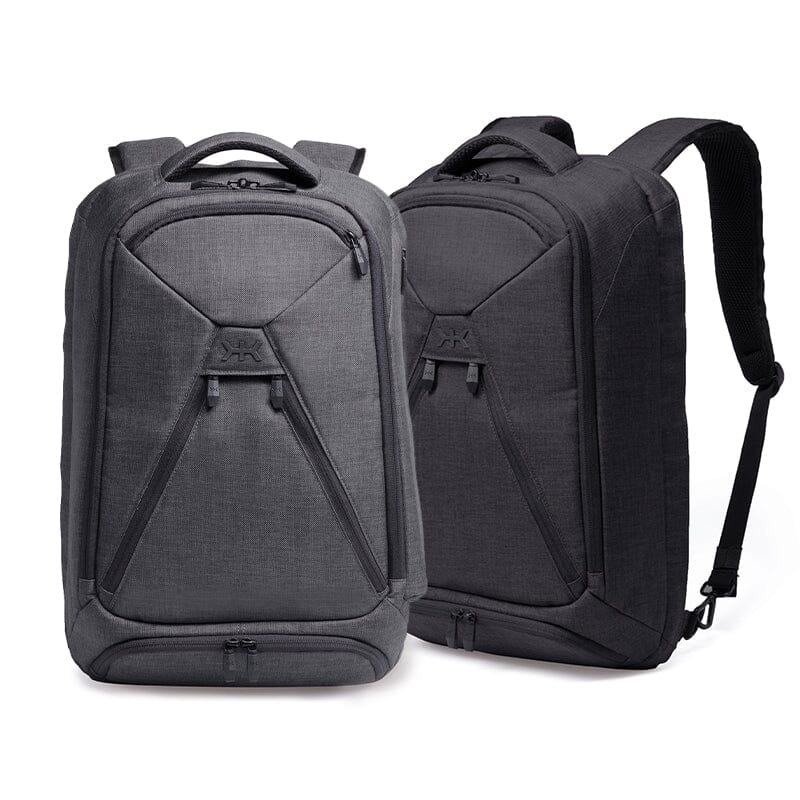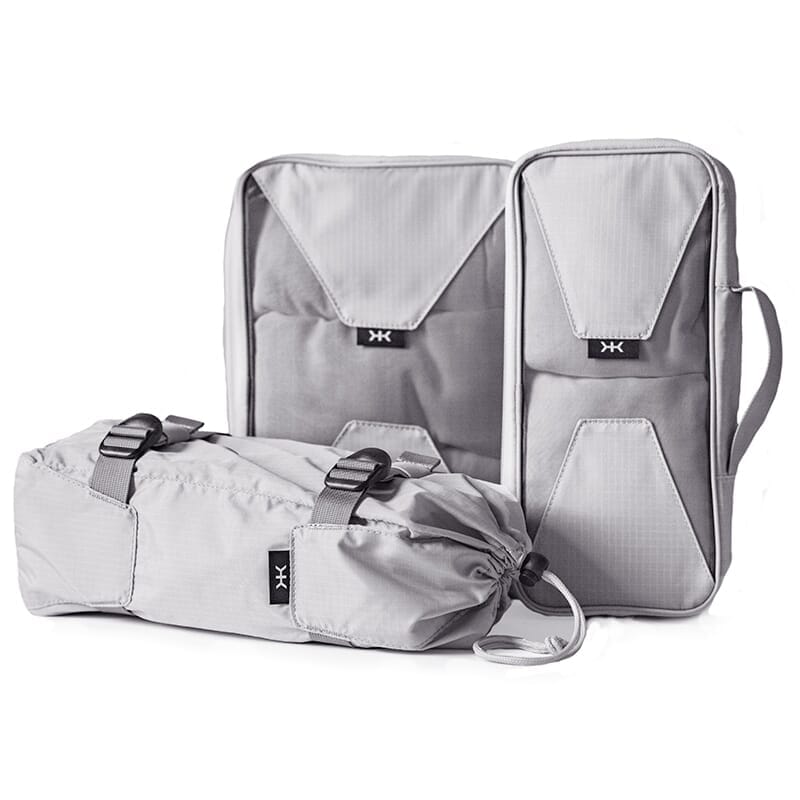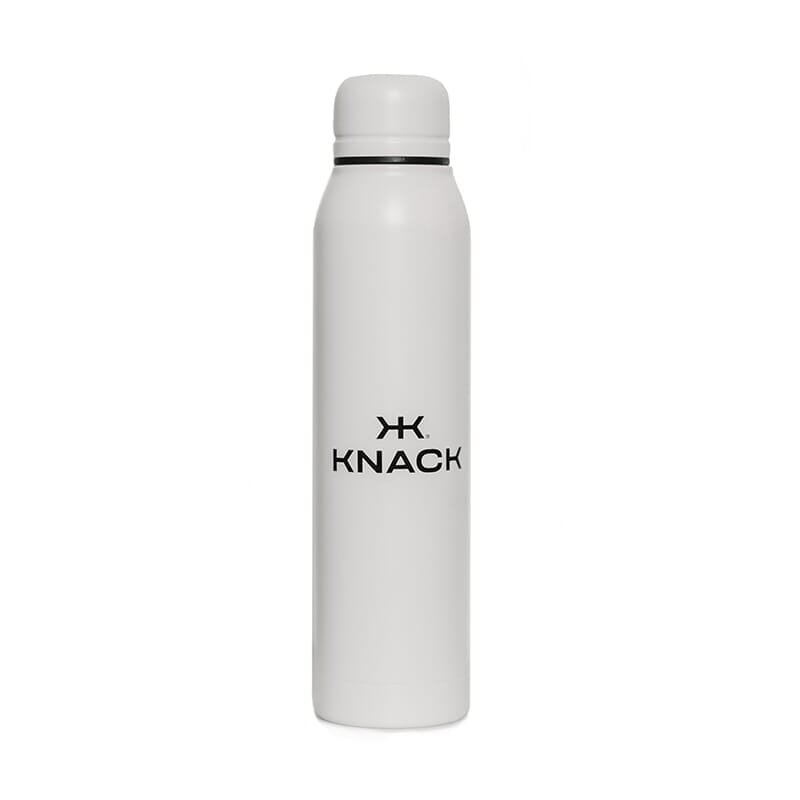The first four posts in our job search series have been applicable to many types of jobs and industries (check them out so you don’t miss any helpful information):
- Changes in Executive Recruiting During COVID-19
- Applying for a Mid-Level Job in 2020
- How (and Why!) to Work with a Recruiter
- Job Search Advice for Creatives in Tech
Our fifth (and final!) post in this series is focused on recruiting for technical roles, from software engineers to analysts to emerging job titles that have yet to be defined! A good number of Knackpackers work in these fields, so we wanted to be sure to share resources on this topic.

Today, we’re speaking with Becky Knowles, who works as a Senior Technical Recruiter out of Silicon Slopes. In this post, Becky has shared insights for professionals at different stages in their careers – from those entering or new to the workforce to those interviewing for executive and senior positions.
Want to connect with Becky online? Connect with her on LinkedIn, here.
![]()
Top 3 Tips: Technical Job Search During COVID-19
Those with technical skills are lucky, well, luckier in the current job market – because many companies are looking to fulfill technical roles. If you’re currently looking for a job, Becky has a key piece of advice not many people have thought of.

Tip #1: Avoid An "Air of Desperation"
“Don’t apply to every open position at a company,” she shares. “It comes across as desperate, and recruiters don’t want to hire someone who will take anything – and leave in six months when they find a better fit. Apply for 1-2 jobs, the ones you know you will shine in. If there are more jobs you’re interested in, you can bring that up to the recruiter or hiring team in your initial screening.”
Tip #2: Know What You Want
“If you’re applying to work at a company, be sure you have done your due diligence to make sure you actually want to work there,” advises Becky. “What is it about the company culture or products that you are interested in or passionate about?”
If you’re not interested in the company, why should the company be interested in you?

Tip #3: Get LinkedIn Recommendations
LinkedIn is a powerful tool used by recruiters. Those with technical backgrounds can get even more out of their respective LinkedIn profiles, by using recommendations.
“While your job may be technical, no one sits in a corner all day and just codes. We need to know that you can communicate with and work alongside people from other departments. It’s a good idea to have recommendations that show you know how to communicate technical projects to those without a strong technical background!”

Tips by Career Level
After sharing the above tips, Becky went on to discuss the mistakes she sees candidates make, offering tips based on where you’re at in your career!
First or Second Position (Entry Level)For those beginning their careers, it’s important to ask, “Can a recruiter or hiring manager find me?”
This means making sure that your LinkedIn is fully filled out (with descriptions), and that your skills in specific software, stacks, etc, are listed.
For more advice on working with recruiters for the first time, check out this post!

Mid-Level (5+ Direct Reports)
If you’re interviewing at this level, you are likely very invested in making progress in your career! One of the most important things to note is that you will need to be able to show how you train and direct a team of technical (and potentially, non-technical) people. Have examples ready that illustrate how you have led and empowered your direct reports to do great work.

Executive & Leadership
“This goes for mid-level as well,” shares Becky. “One of the biggest mistakes I see for executive and leadership roles is arrogance. It’s one thing to be confident in your technical skills, and it’s another to be uninterested in learning how another organization’s systems or processes may be better than what you’re used to.”
Becky usually asks candidates at this level to share a process or solution they have designed and implemented. While they explain their work, she looks for verbiage that shows the candidate can implement critique or negative feedback on their work.

Discussing Compensation in Technical Roles
While offer letters may not have as many perks in now as they did last year, Becky has seen a lot of “dancing around the bush” when it comes to discussing salary.
“People on hiring teams have limited time, and it’s important I only schedule people who are a fit for what we’re offering. You don’t have to name a specific number, but I need a salary range to be sure we should move forward. There are lots of resources out there on what people are being paid, so be sure to have that number ready.”

Are Companies Hiring During COVID-19?
“Yes, companies are hiring!” shares Becky. “They’re being slower to hire, because the economy is in flux right now. That said, companies are absolutely hiring and onboarding remotely. My fellow recruiters and I are shipping company swag to new hires, implementing new mentorship programs, etc, to help new hires feel welcome at our respective companies.”

What to Do with Downtime?
The hiring process for a technical role can take a few months, from start to finish. This can be frustrating, but you can use this time to build out your skillset.
“One of the best things you can do is look into your favorite companies, and see what skillsets they’re listing on their technical job postings,” she advises. “If you see a language or other technical skillset pop up a lot, begin an online course or self-led project that includes that skill! Even if you don’t end up using it everyday, your background will make communicating with your potential future colleagues easier!”

Thank you, Becky!
On behalf of all Knackpackers, we want to thank Becky for sharing her insights on the recruiting process in the tech industry. You can join Becky on LinkedIn here!
QUESTIONS & NEXT STEPS:
Do you have questions or tips about the remote job search? Share them in the comments below!
If you found this post helpful, please share the link with a few friends or colleagues who could benefit from it!






